Engulfed by the war with Russia, Ukraine has disclosed that it plans to strike a $15-$20 billion programme with International Monetary Fund before the end of the year.
Ukraine’s the Central Bank Governor , Kyrylo Shevchenko disclosed this on Wednesday to Reuters.
Join our WhatsApp ChannelShevchenko said this was to help support its dwindling economy due to the effect of the war with Russia.
Since the war broke out in February 24th, it was reported that the country faces a 35 -45% economic contraction in 2022 and a monthly fiscal shortfall of $5 billion. This has made it rely heavily on foreign financing from its allies.
During his visit to London, Shevchenko, did not disclose the amount, but said he hoped to agree on a swap line with the Bank of England “within weeks”.
According to Reuters, Kyiv had already submitted its request to the IMF, and was now in consultation with the fund over the new financing that he hoped would provide as much as $20 billion over two or three years in form of a Stand-By Arrangement (SBA) or an Extended Fund Facility (EFF).
The $20 billion programme would be the second largest currently active loan from the IMF after Argentina. It is also first time Ukraine has put a number on the fresh financing it needs from the Washington-based lender.
The IMF’s latest loan to Ukraine was a $1.4 billion emergency financing support agreed in March being an equivalent of 50% of the country’s quota in the fund.
Nevertheless, Shevchenko revealed that IMF has always acted as a partner during the war and hoped to execute the program before year end.
He said that a new program should provide measures that will help stabilize the economy and ensure a return to pre-war conditions.
He listed the conditions to be “ flexible exchange rate, no limits on the currency market; decreasing non-performing loans in the banking sector and a balanced fiscal policy.”
Speaking about the central bank’s intervention in currency markets as well as its bond-buying programme, Shevchenko said both would continue for now, though the latter would cease as soon as the war ended.
He said, “ To provide monetary financing was the most painful decision in my life, but we did realize it was necessary during the war.
“Until the end of war, we and the Ministry of Finance should work together to overcome all these challenges, using the monetary finances and the internal debt market.”


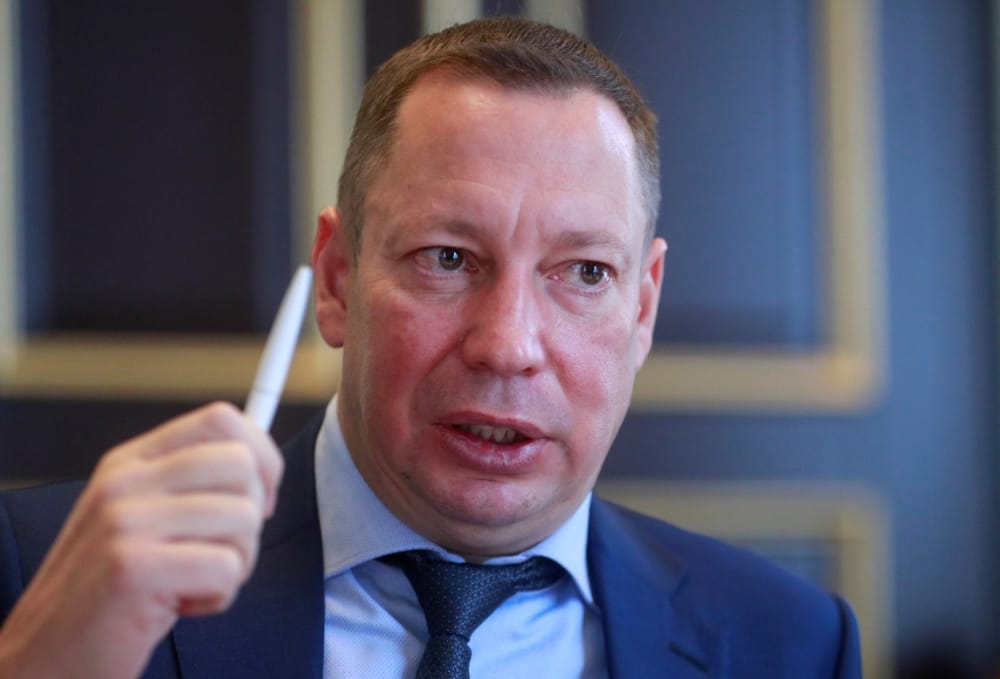



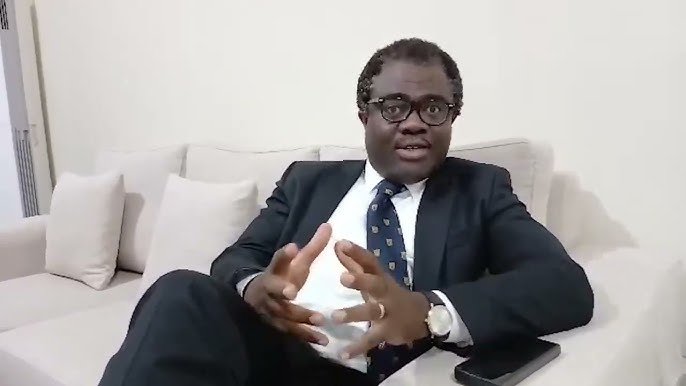


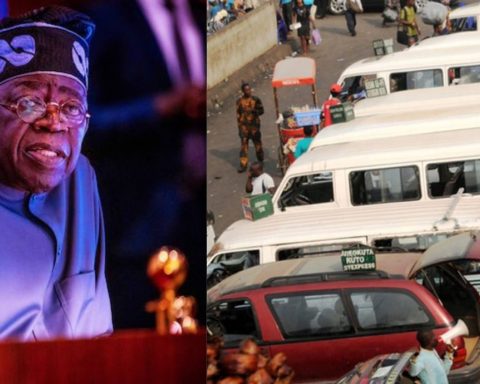

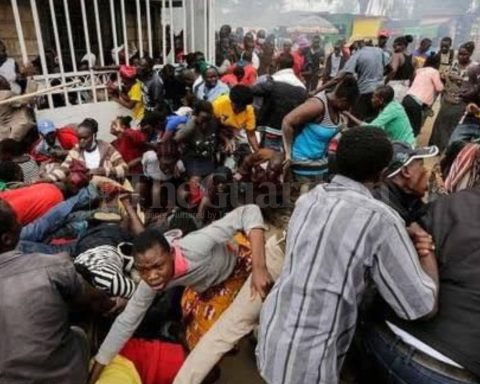





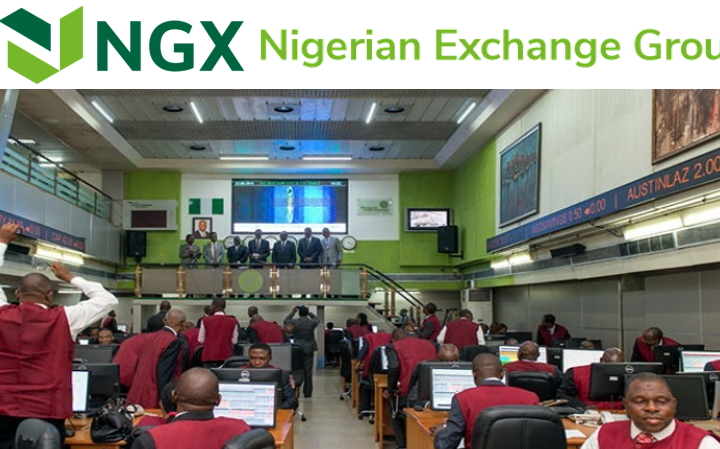

Follow Us